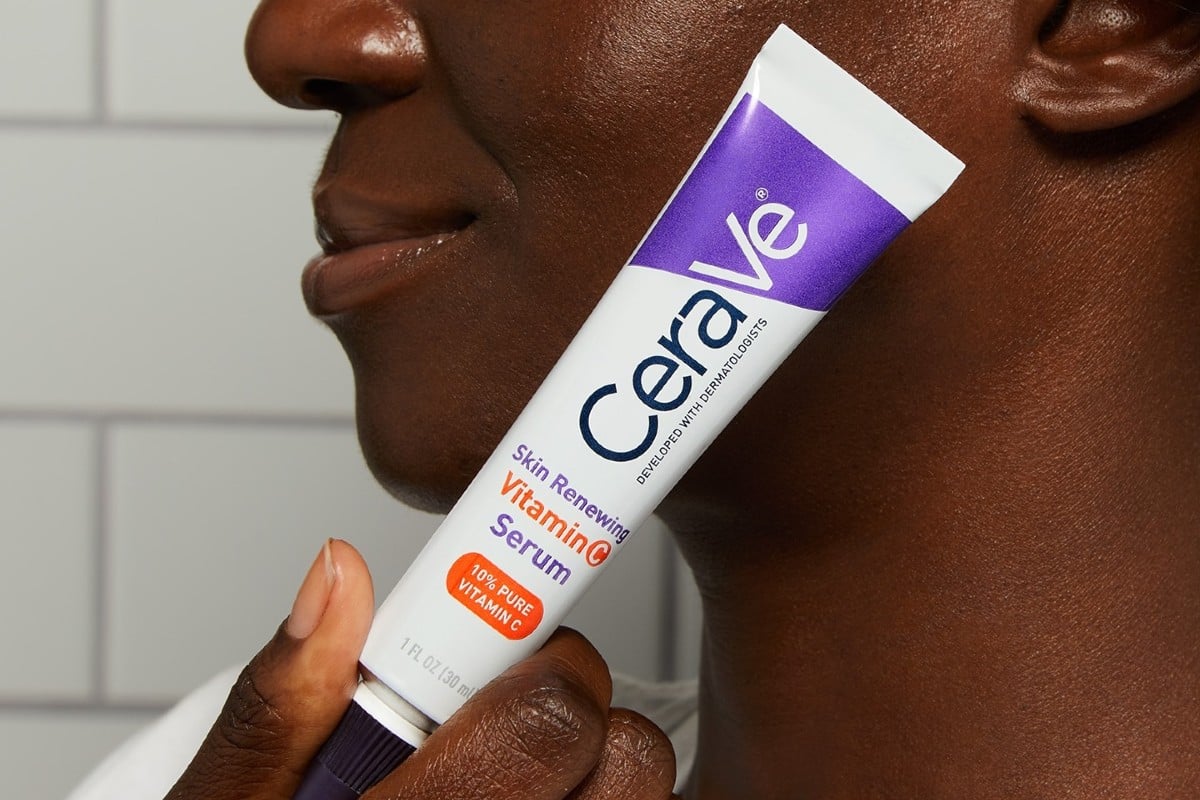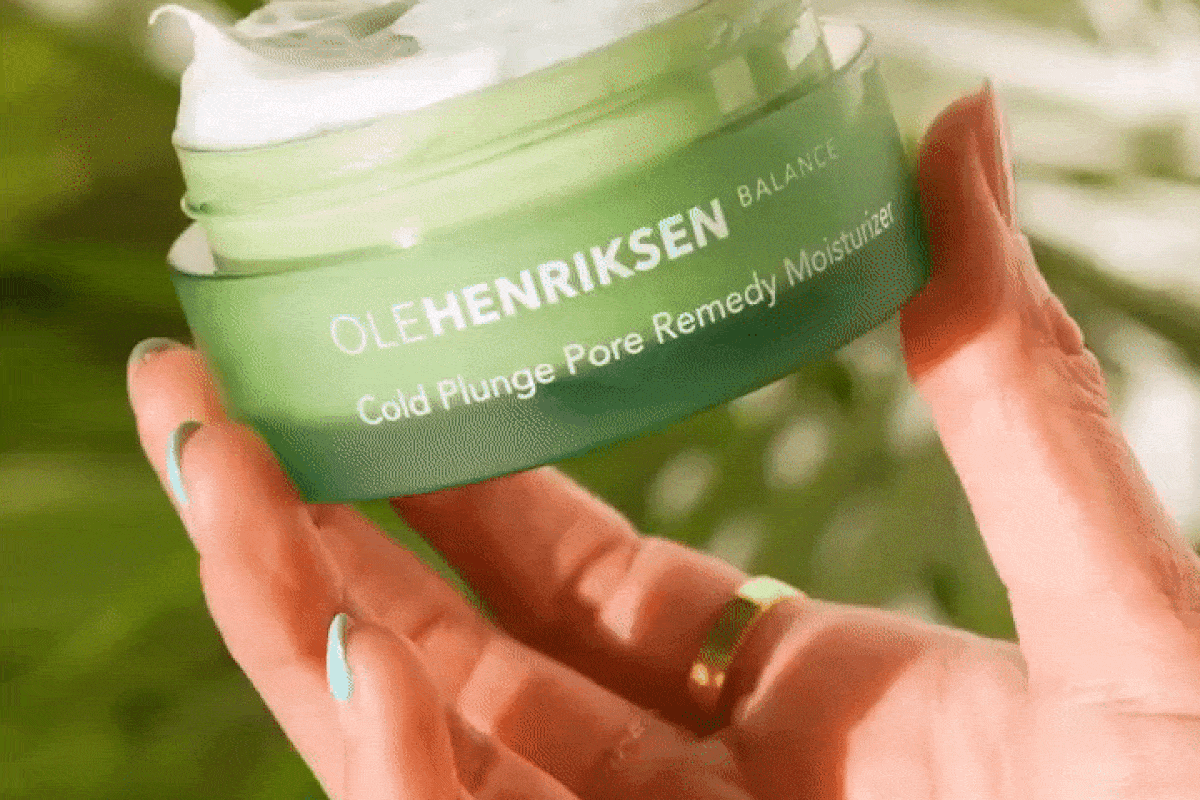The Gut Skin Axis is Something that Most People Overlook. It’s the Link Between Skin and Intestinal Health
If you have tried everything under the sun to improve your skin to no avail, then the problem may lie in …… your intuition. The gut-skin axis is a thing that refers to the constant exchange of signals between the skin and the intestines. [1] Simply put, this means that the substances you put into your body play an important role in the health of your skin. Yes, the skin is like a barometer of what’s going on in the gut, and it may be trying to tell you something. That’s why I wrote this article; to help you determine if your gut is out of whack or healthy by looking at your skin. You’ll also learn how to improve your gut health and get the glow from the inside out you’ve been craving for so long.
How does gut health affect the skin?
Known as the “second brain,” the gut affects everything from skin condition to energy levels and hormone balance, and plays a vital role in the body’s immune system. In fact, “70 percent of the immune system is located in the gut,” says David Heber, M.D., Ph. professor emeritus of medicine at the UCLA Health Center. [2] When the gut is healthy, it can help reduce inflammation throughout the body, which is critical to overall health. On the other hand, when there is a problem with the gut, it can lead to swelling and many other problems that can negatively affect the appearance of our skin.
How gut health affects the skin
The gut and skin are connected through the gut-skin axis. When there is a problem with the gut, the body produces inflammation and oxidative stress, which triggers a skin response. The most common skin problems that can result from an imbalance in the gut include acne, eczema, rosacea, and premature aging. [3] So if you are struggling with any of these issues, it is worth exploring how you can improve your gut health and support its microbiome.
How to improve gut health
Improving gut health involves making lifestyle changes to promote a healthy balance of gut bacteria and improve digestive function. Here are some tips to help you get started on your gut health journey:
Eat a balanced and varied diet
Eating a diet rich in whole plant foods, healthy fats, antioxidants and lean proteins is a great way to improve your gut health. Doing so will help nourish the beneficial bacteria in your gut, which is essential for proper digestion and overall health. It is also important to include prebiotics and probiotic-rich foods, such as yogurt, kefir, kimchi, sauerkraut and tempeh, in your daily diet.
Stay hydrated
Drinking eight glasses of water and other hydrating liquids (such as green tea) is key to supporting healthy digestion. “Our bodies need water for healthy skin, immunity and energy, but also for digestion,” explains registered dietitian Keri Glassman. [4]
Managing Stress
Stress releases hormones such as cortisol and adrenaline, which can disrupt the balance of beneficial bacteria in the gut. So trying techniques such as meditation, yoga or deep breathing exercises to calm anxiety and keep stress levels low may be the change that produces significant results.
Get enough sleep
Lack of sleep increases the level of inflammation in the body, which can lead to gut imbalances. The rule of thumb is to get about 7-8 hours of sleep a night, but I know it’s not always easy to do that. That’s why I recommend implementing some simple changes, such as stopping looking at screens at least 30 minutes before bedtime, to help ease you into a more restful sleep. Gradually adjusting your sleep schedule by going to bed 15 minutes earlier each night is also a useful strategy to help you reach your target bedtime and ensure you are getting the right amount of sleep for optimal gut health and overall wellness.
Exercise regularly
I know you’ve heard it over and over again, but exercise is actually necessary for skin health, immunity and energy, and more recently, research has shown that it can also boost beneficial bacteria in the gut. [5] It doesn’t matter whether you choose to go to the gym, take a dance class, or go for a walk; what really matters is consistency.
Limit processed foods, alcohol and sugar
All of these can disrupt the balance of beneficial bacteria in the gut and lead to inflammation and digestive problems.
Consider taking probiotic supplements
If you are not getting enough probiotics through your diet, supplements can help boost levels of beneficial gut bacteria. However, before you start taking any new supplements, it’s best to consult with your doctor. They can advise you on the best supplements for your needs and help you avoid any potential interactions with other medications you may be taking.
Takeaway
Our bodies are a system and the connection between skin and gut health is undeniable. Our gut is home to trillions of bacteria that play an important role in maintaining the health and balance of our bodies. By taking care of our gut through proper diet, sleep, exercise and stress management, we can promote the growth of beneficial bacteria and reduce the risk of skin problems such as acne, eczema and rosacea. Ultimately, by prioritizing our gut health, we can enjoy healthy skin that truly glows from the inside out.




